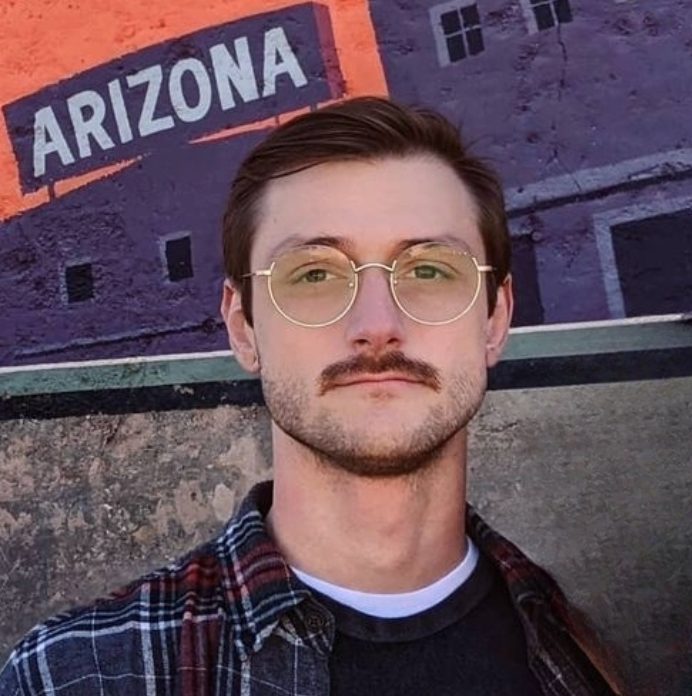Arizona’s New Expungement Law
Under the new law, if an expungement is a background check will not show any criminal results, and those being checked can truthfully say they have never been arrested or convicted. It also restores certain civil rights to those with allowable felony convictions, such as the right to vote, own and possess a firearm, and more. At sentencing, the judge must tell the defendant they may be eligible to seal records and wipe computer files of their case records. Expungement does not happen automatically; certain criteria must be met to qualify. Someone must have completed their sentence and terms, including fines and restitution. An expungement application must be filed with the court where the conviction was pronounced, where a not guilty verdict resulted, or where the charges were dropped. The court will review the case before entering a ruling.Can DUIs Now be Expunged in Arizona?
DUI offenses are included in the new Expungement law in Arizona. Under the new law, individuals convicted of a DUI as a Class 1 misdemeanor can apply for expungement of their conviction after three years, provided they have paid all fines, fees, and restitution associated with their case. Those convicted of a felony DUI as a Class 4, Class 5, or Class 6 offense must wait five years before they can apply for expungement.What are the requirements for expungement in Arizona?
The conditions of Expungement include the following:
- Being convicted of a crime and having completed all terms and conditions of the court-imposed sentence
- Being charged with a criminal offense but having the charge dismissed or resulting in a not-guilty verdict at trial
- Being arrested for a criminal offense but no charges being filed.
This new Arizona expungement law offers the advantage of completely erasing records from public view instead of just setting them aside. Senate Bill 1294, which created ARS 13-911, is another new expungement law in Arizona.
What’s the waiting period for a DUI Expungement in Arizona?
As for other criminal charges, the waiting periods vary depending on the offense.
- For Class 2 and 3 misdemeanors, it’s 2 years.
- For Class 1 misdemeanors, it’s 3.
- For Class 4, 5, or 6 felonies, it’s 5.
- For Class 2 and 3 felonies, it’s 10.
If an application is rejected, the person must wait three years before applying again. Certain offenses aren’t eligible for expungements, such as murder, capital offenses, assault with a deadly weapon, and sexual offenses.
People convicted of these crimes cannot even say they have never been arrested or charged.
Additionally, those convicted of burglary or theft from a home, child abuse or aggravated assault, theft, forgery, identity theft, and other fraudulent schemes cannot work in certain jobs. Adult abuse defendants cannot work with people aged 65 and over.
How is an Expungement Different From a Set aside?
An expungement is the complete removal of a criminal record from the public record. An expungement order issued by court orders all government agencies, including state and federal law enforcement, to permanently destroy all records related to the expunged charge.
A sealing court order restricts access to criminal records, making them inaccessible to the public without a court order. Sealed records are not erased and can still be accessed by certain government agencies, including law enforcement and prosecutors.
Got a DUI? Trust Cornerstone for DUI Education Classes
We are Cornerstone DUI and provide DUI virtual DUI education to those who have been charged with a DUI offense in Arizona.
DUI education classes are courses designed to educate those convicted of a DUI about the dangers and consequences of drinking and driving.
These classes may be court-mandated or voluntary and can be in-person or online. These classes aim to help those convicted of DUI learn the risks associated with drinking and driving and to help them make better decisions in the future.
The classes generally cover topics such as the physical and mental effects of alcohol, the legal consequences of a DUI, the risks of drinking and driving, and the importance of using a designated driver.
They also provide education on the potential financial and social repercussions of a DUI conviction, such as increased insurance premiums, higher fines, and jail time. In some cases, DUI classes may also address the importance of seeking help for alcohol abuse and addiction.
DUI classes also provide an opportunity for those convicted of DUI to learn from other people’s experiences and gain insight into their own behavior.
Through education and discussion, participants can begin to understand why they chose to drink and drive and what steps they can take to avoid doing so in the future.
Overall, DUI education classes can be an extremely beneficial resource for those convicted of a DUI.
By providing education and insight into the dangers of drinking and driving, these classes can help individuals make better decisions in the future and reduce the risk of being involved in a DUI-related incident.








